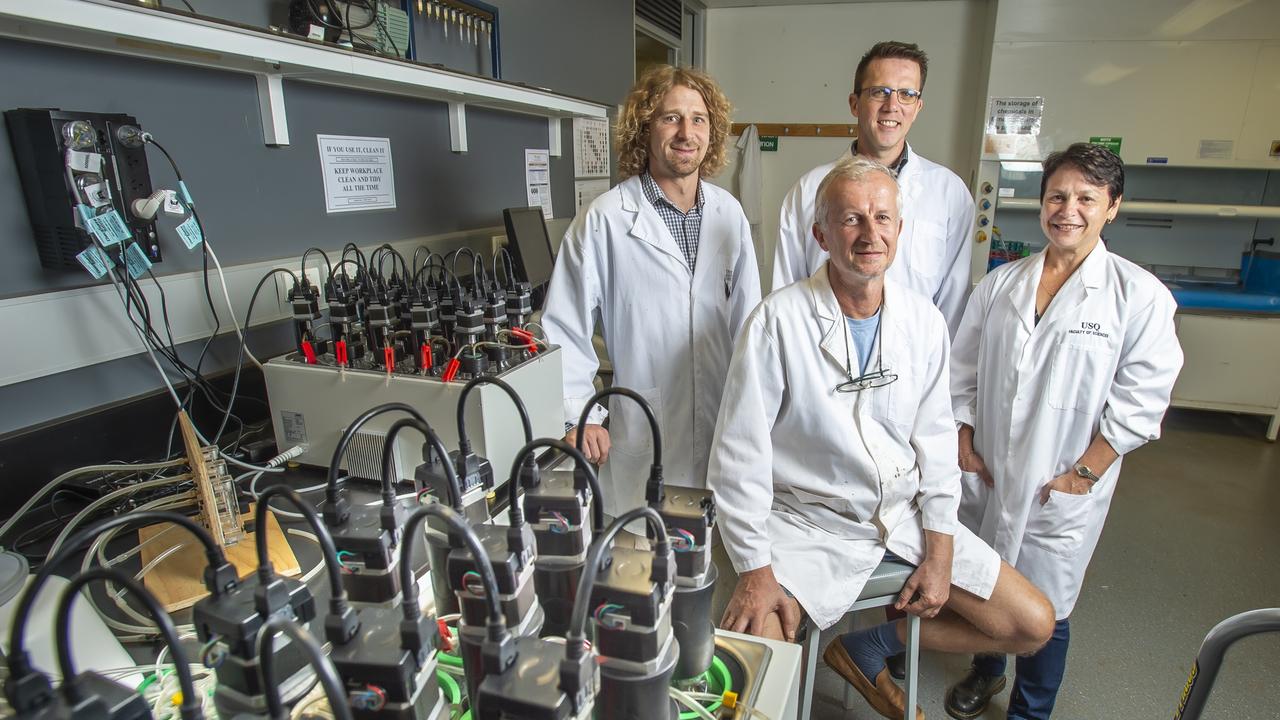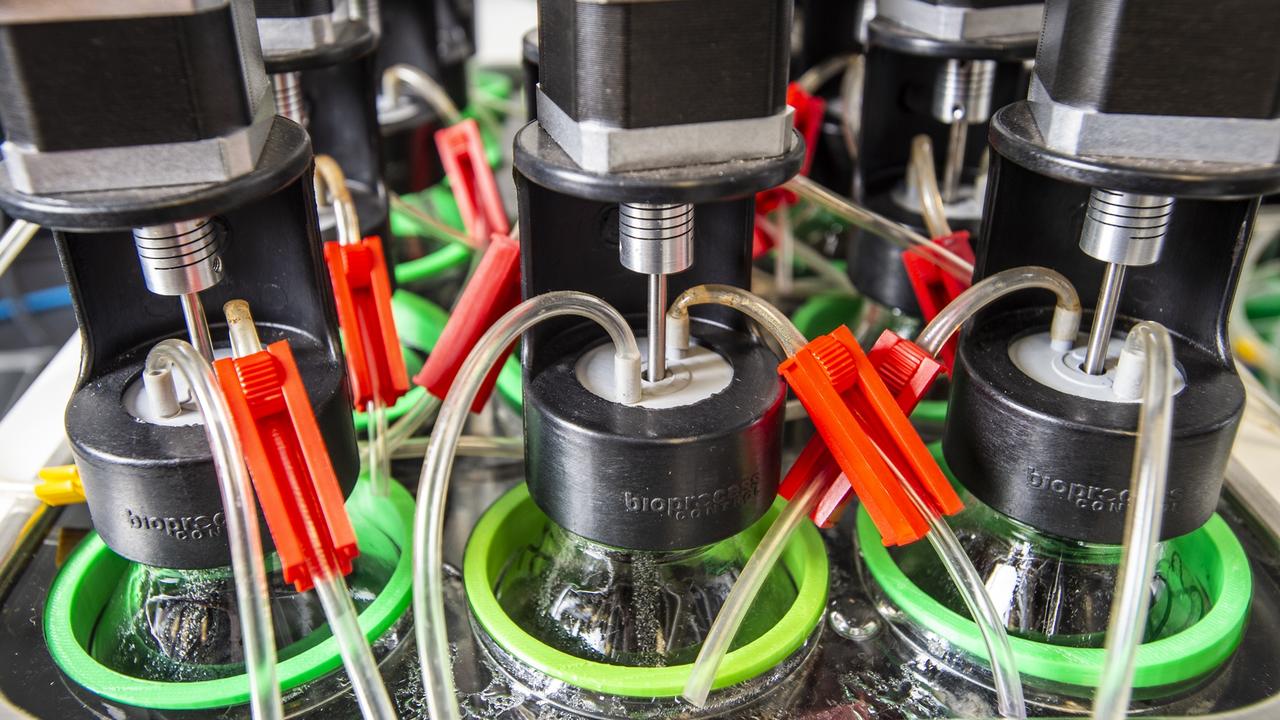Uni experts explore the power of the poo in renewable ag study
Don’t poo-poo it – USQ have taken the lead on a rather pungent ag project of national environmental significance.

When it comes to new innovative agricultural developments, it appears the best place to start is at the rear end.
Experts from the University of Southern Queensland are on a mission to find the magic in manure to increase and support the productivity and profitability of the Australian dairy, pork, chicken and cropping industries.
One of five institutions involved, USQ is taking the technical lead in the Pilot to Paddock project supported by the Department of Agriculture, Water and the Environment’s Smart Farming Partnerships Program.
The nationwide research is focused on taking manure from various agricultural industries and finding the best ways to turn it into valuable products that can be re-used back on farm.
Senior Research Fellow from USQ’s Centre for Agricultural Engineering, Dr Stephan Tait, said the team is studying different treatment methods for manure and then investigating the products in terms of their environmental and profitability credentials.
“We’re also involved in two manure processing methods, researching manure separation technologies, as well as anaerobic digestion tech where manure is turned into a renewable fuel or concentrated organo-fertiliser,” Dr Tait said.

“We selected farms in Victoria, South Australia, Western Australia and Queensland taking part in the project, and in this way are working with farmers to develop real ag solutions”.
“On one farm in WA we’ve already seen good results from testing last year, where a dairy farmer is turning manure into compost to restore the health of soils that have been depleted over time because of a lack of carbon input.
“He was using more and more fertiliser at a great cost to his operation, but getting less and less return from his land, however since he’s been using the composted product, his soil health has increased dramatically. The other great thing is that he produces his own compost and now does not have to buy anymore and as a result is saving a lot of money.”
Dr Tait said developing innovative water, energy and nutrient technologies is something the University of Southern Queensland has a growing reputation for doing at an expert level.
“The Centre for Agricultural Engineering specifically is very well-known for its research in increasing resilience to climate change and producing modern research that seeks to minimise environmental impacts from reduced farm inputs, nutrient losses and greenhouse gas emissions,” he said.
“In this project, essentially we’re working to enable industry to profit from environmental stewardship, which is a really positive move forward for both the environment and the future of sustainable agriculture in Australia.”
The Toowoomba research team has recently also welcomed Mr Torben Grell, a USQ PhD student based on a research dairy farm in Western Australia.
Mr Torben will be leading the manure separation technology investigations.
“It’s an exciting project to be part of at a PhD level and it’s a great feeling knowing I’m working on research that’s going to improve the protection and resilience of soils, water and vegetation which are so important to agriculture and the regions that rely on it,” he said.
The Pilot to Paddock (P2P) project involves a research partnership between USQ, Scolexia Pty Ltd, University of Western Australia, the Department of Jobs, Precincts and Regions Agriculture Victoria Research branch and the Queensland University branch of the Department of Agriculture and Fisheries.
The P2P project was a successful applicant in the second round of the Australian Government’s Smart Farming Partnerships Program and received $2,954,400 in funding from the Department of Agriculture, Water and the Environment last April to further the research.








